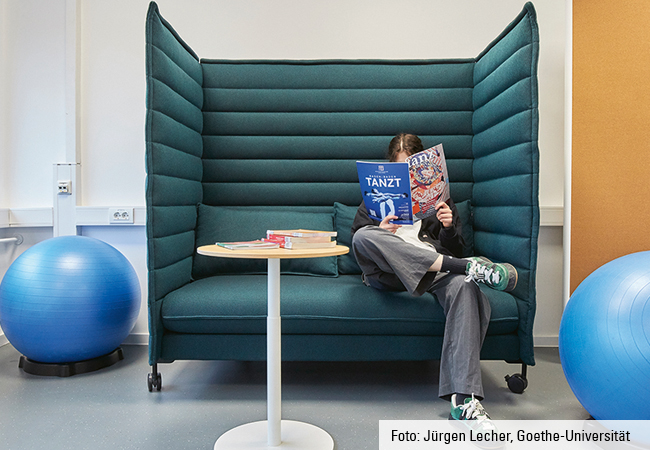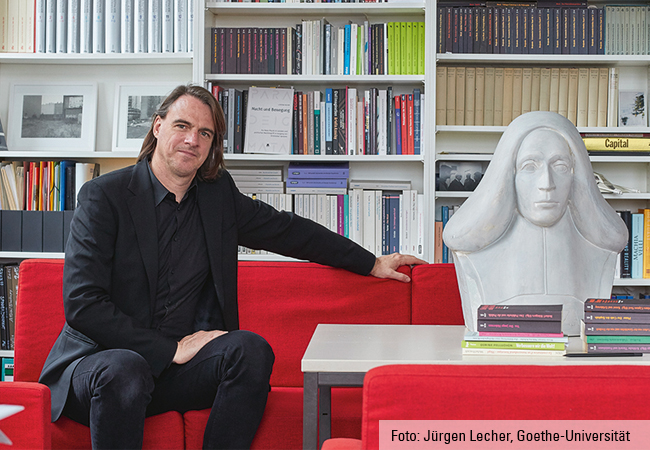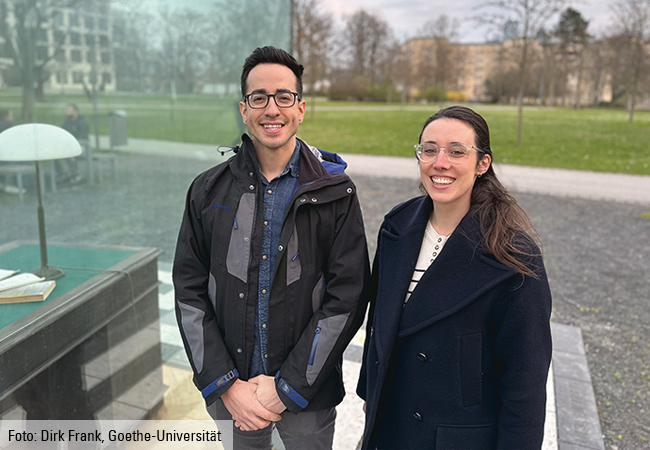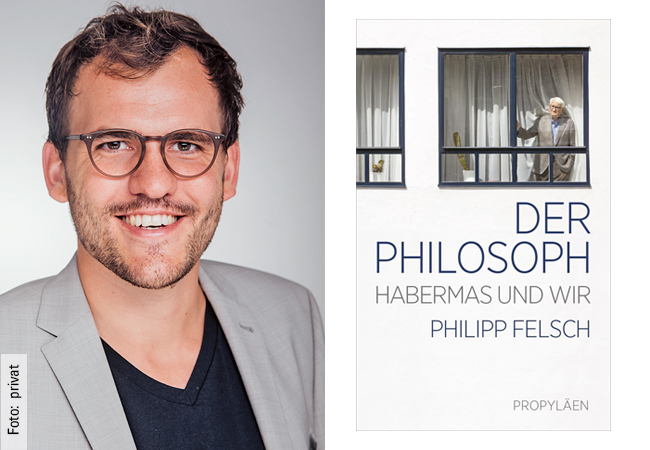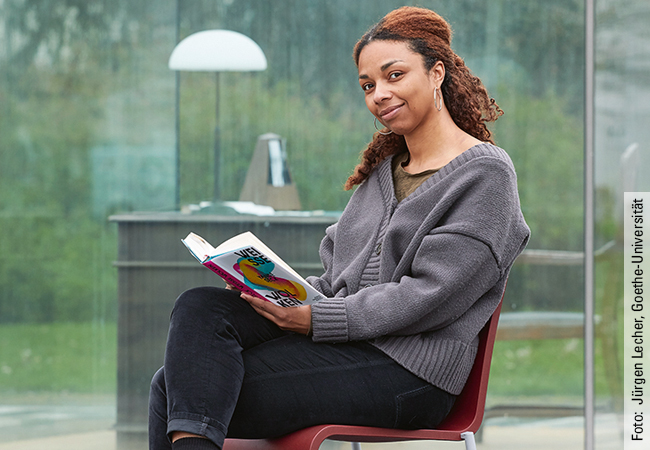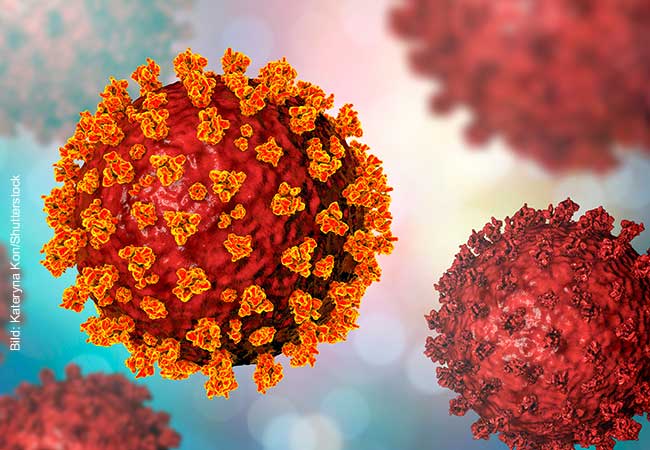
Researchers have identified a potential new treatment that suppresses the replication of SARS-CoV-2, the coronavirus that causes Covid-19.
In order to multiply, all viruses, including coronaviruses, infect cells and reprogramme them to produce novel viruses.
The research revealed that cells infected with SARS-CoV-2 can only produce novel coronaviruses when their metabolic pentose phosphate pathway is activated.
When applying the drug benfooxythiamine, an inhibitor of this pathway, SARS-CoV-2 replication was suppressed and infected cells did not produce coronaviruses.
The research from the University of Kent’s School of Biosciences and the Institute of Medical Virology at Goethe-University, Frankfurt am Main, found the drug also increased the antiviral activity of ‘2-deoxy-D-glucose’; a drug which modifies the host cell’s metabolism to reduce virus multiplication.
This shows that pentose phosphate pathway inhibitors like benfooxythiamine are a potential new treatment option for COVID-19, both on their own and in combination with other treatments.
Additionally, Benfooxythiamin’s antiviral mechanism differs from that of other COVID-19 drugs such as remdesivir and molnupiravir. Therefore, viruses resistant to these may be sensitive to benfooxythiamin.
Professor Martin Michaelis, University of Kent, said: ‘This is a breakthrough in the research of COVID-19 treatment. Since resistance development is a big problem in the treatment of viral diseases, having therapies that use different targets is very important and provides further hope for developing the most effective treatments for COVID-19.’
Professor Jindrich Cinatl, Goethe-University Frankfurt, said: ‘Targeting virus-induced changes in the host cell metabolism is an attractive way to interfere specifically with the virus replication process.’
Publication: Denisa Bojkova, Rui Costa, Philipp Reus, Marco Bechtel, Mark-Christian Jaboreck, Ruth Olmer, Ulrich Martin, Sandra Ciesek, Martin Michaelis, Jindrich Cinatl, Jr.: Targeting the pentose phosphate pathway for SARS-CoV-2 therapy. In: Metabolites 2021, 11(10), 699; https://doi.org/10.3390/metabo11100699
Background information: Cell culture model: several compounds stop SARS-CoV-2 virus. Frankfurt researchers discover potential targets for COVID-19 therapy


